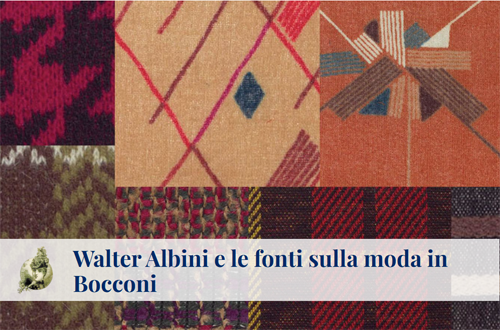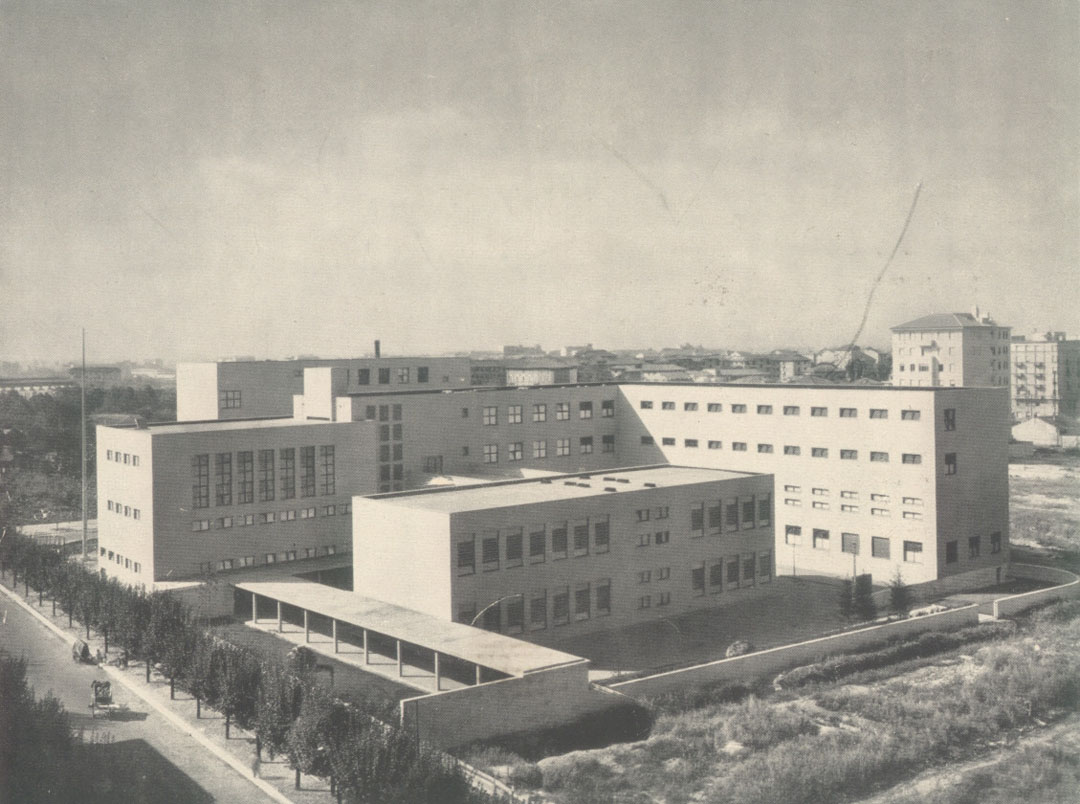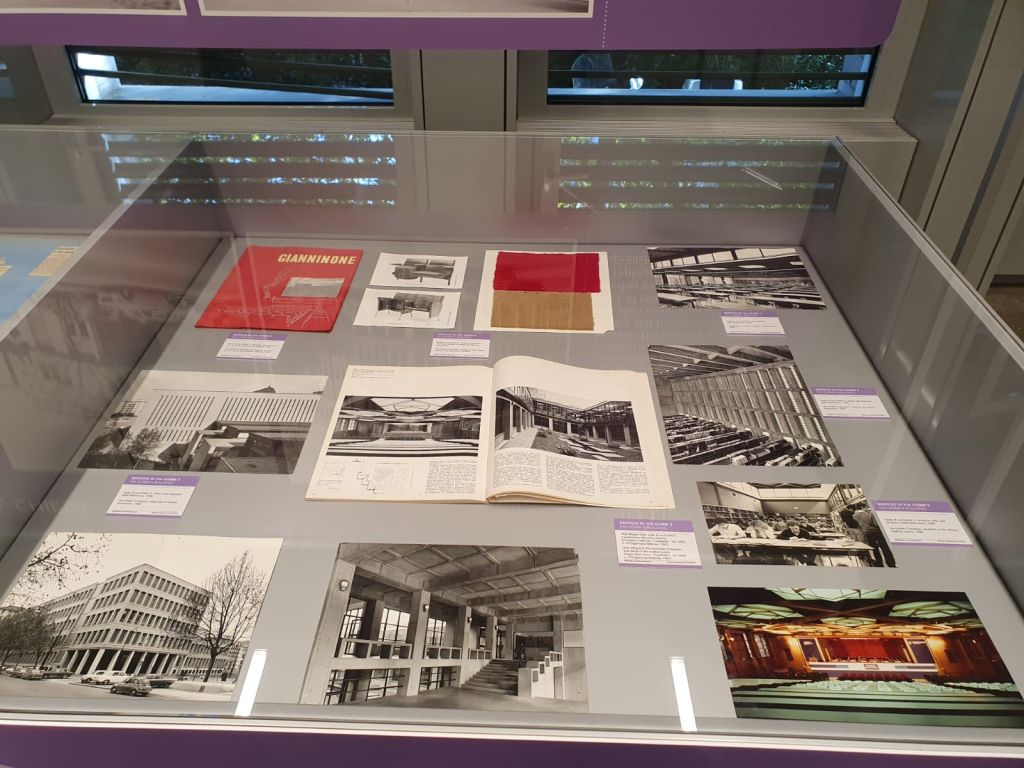The success of Accounting and the birth of Business Administration
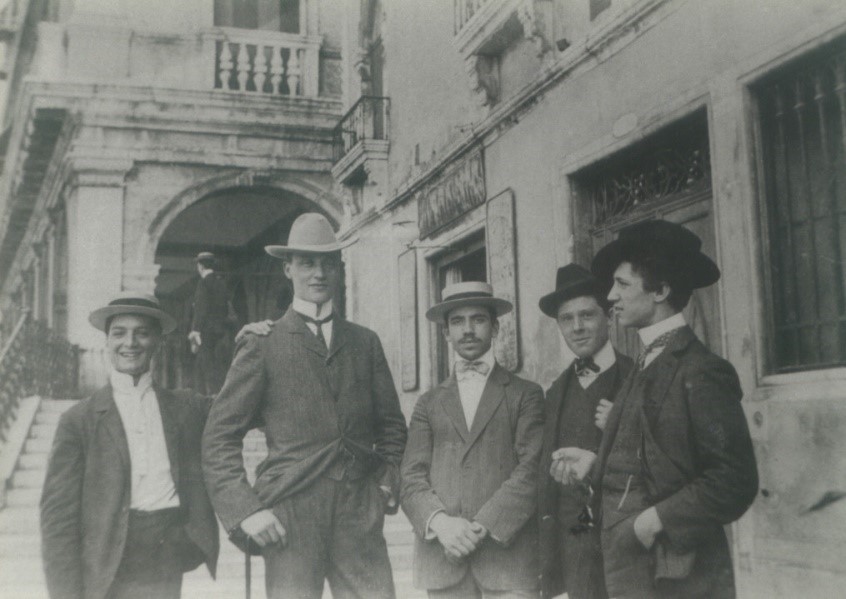
The end of the Nineteenth century and the beginning of the Twentieth century are certainly a golden age for Accounting, which becomes a recognized profession, with a specific education and compulsory registration to the Colleges of Accountants in order to practice the profession. For this reason, two schools were founded: the Scuole superiori di commercio and in 1902 in Milan the Università Commerciale Luigi Bocconi, whose degrees were recognized by royal decrees in 1903 and 1906 respectively. At the same time, accounting studies were flourishing, with the publication of treatises (the Complete Treatise on Accounting by Vincenzo Gitti and Giovanni Massa, for example), encyclopedias (including the famous one by Giuseppe Cerboni) and entire series (Giovanni Rota's Library of Applied Accounting and Vallardi's Library of Accounting and Administration among many others). Many journals were created in those years, mostly by the colleges of accountants, to discuss practical professional problems or theoretical issues (such as the Bollettino del collegio dei ragionieri in Milan, or the Rivista dei ragionieri). In addition, from 1909 to 1922, a National Institute for the development of studies in Accounting, directed by Fabio Besta, was active. Accounting is so popular that competitions were also held for the best works in the field and special exhibitions were organised.
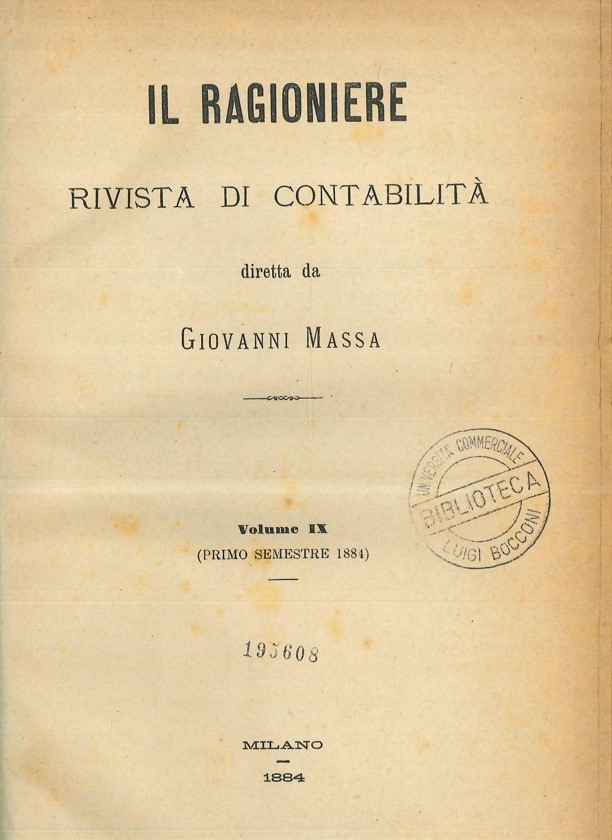
It was thanks to economist Gino Zappa, however, that the discipline found its place under a new perspective: he brought together three different disciplines - Accounting, Administration and Business Organization - in a new single discipline called Business Economics.
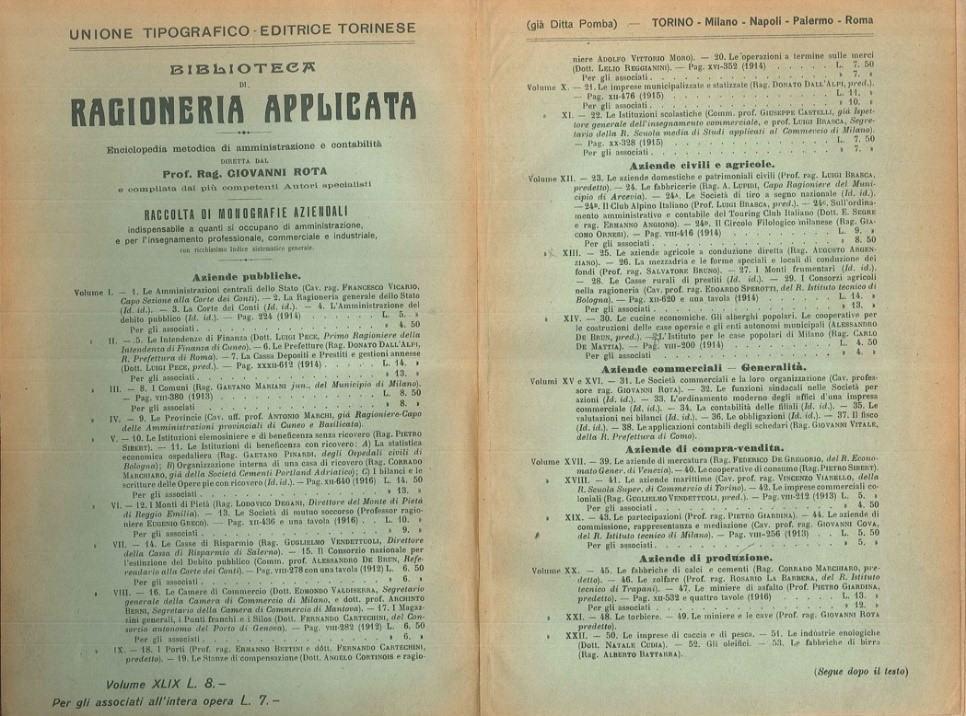
Bocconi Library, that had a special attention to these issues since the beginning, now preserves a unique collection of texts of that time and freely accessible journals located in the historical periodicals section. The Library also stores the entire library donated by the Collegio dei ragionieri di Milano, as well as the private libraries of many eminent scholars of the time: Eugenio Greco, Ugo Caprara, Gino Zappa. The Bocconi University Historical Archives also preserve letters attesting the exchanges between the College of Accountants in Milan and the University, particularly the correspondence with Ferdinando Bocconi dating back to the years of the University's founding (file Borse Fondazione Collegio di Ragionieri di Milano) and with Girolamo Palazzina dating back to the 1950s (Collegio Ragionieri: relations with the Library). In conclusion, the files Istituto di Ragioneria e di Ricerche Tecnico-commerciali (later Istituto di Economia Aziendale) and Istituto Superiore di Ragioneria in Milano are of particular interest.

